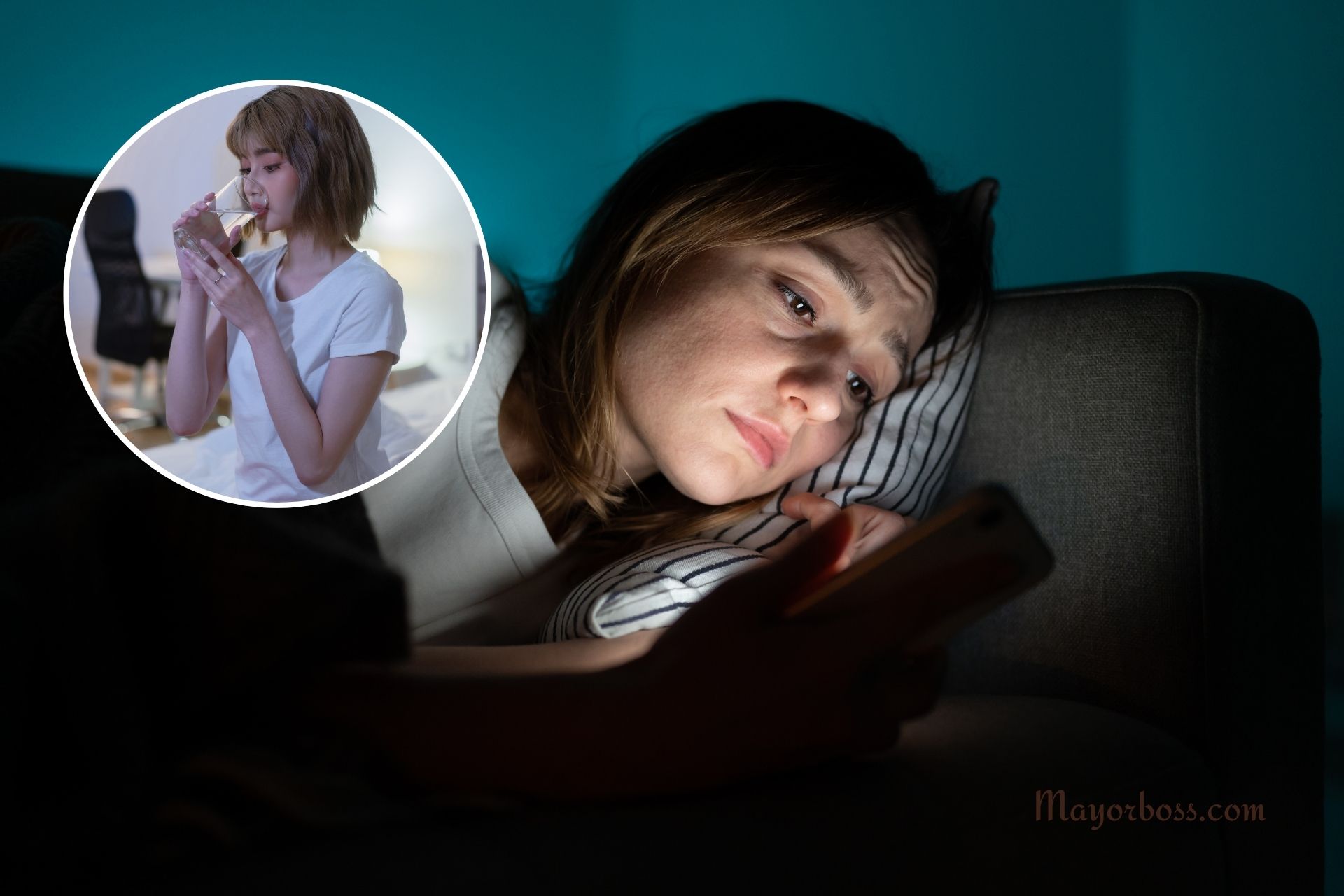6 Things You Should Avoid After 8 PM If You Struggle With Anxiety
Anxiety can become worse at night. During the day, you face many tasks and challenges. By evening, your mind might be full of worries. If you keep feeling anxious before bed, it might help to change what you do after 8 PM. Some nightly habits can add to stress. They can also make it harder to sleep. Below, you will find activities you should avoid if you want to reduce your anxiety at night.

1. Overthinking or Working Late
Many people lie awake in bed, going over every detail of the day. They might also check work emails or try to finish projects at night. This late mental effort can fuel anxiety. It may be better to set a cutoff time for work. For example, decide to stop working at 7 PM or 8 PM. Use the next hour for calmer tasks, like reading a relaxing book or writing down your thoughts. If you have worries that pop into your head, jot them down on a piece of paper. That way, you can deal with them in the morning. By giving your mind a rest, you can drift off more easily.
2. Drinking Caffeinated Beverages
Caffeine is a stimulant that can keep you alert. It might seem helpful in the morning or during the day, but it can harm your sleep if you consume it at night. Coffee, tea, energy drinks, and sodas can all contain caffeine. If you drink them after 8 PM, you may find it hard to relax. Caffeine can stay in your body for several hours. It may raise your heart rate and make your thoughts speed up. This can trigger or worsen anxious feelings. If you need a hot drink late at night, try herbal tea like chamomile. That might calm you instead of keeping you awake.
3. Using Electronic Devices
Phones, tablets, and computers shine bright lights toward your eyes. This bright light can trick your brain into thinking it is still daytime. Then, your body might not make enough melatonin for proper rest. Scrolling through social media or reading upsetting news can also spark anxiety. Negative content can keep your brain active, even when it is time to wind down. If you cannot avoid your devices, switch on a night mode or blue light filter. Better yet, set your devices aside and read a physical book or write in a journal. These calmer activities help you ease into a restful state.
4. Watching Distressing Content
Horror movies, true crime shows, or scary news updates can raise your stress levels. Scenes with violence or intense drama can keep your mind racing. This may lead to nightmares or uneasy thoughts. If you want to unwind before bed, pick something light or soothing to watch. Light comedies or nature documentaries may be better choices. If you like to stay updated on current events, try to watch or read the news earlier in the day. Aim to keep your evening viewing calm. This can help lower anxious feelings and support deeper, more peaceful sleep.
5. Eating Heavy, Sugary Foods
Eating large or sweet meals close to bedtime can make your body work overtime. Your digestive system must break down the food, which can lead to discomfort. High-sugar foods may give you a burst of energy, driving up your heart rate and making your mind race. These effects can worsen anxiety. Try to finish dinner a few hours before bed. If you get hungry later, choose a light snack. For instance, a piece of fruit or some nuts could satisfy your hunger without disturbing your rest. Your body will thank you for keeping late-night snacks small and simple.
6. Doing Intense Exercise
Exercise is good for mental and physical health. However, the timing of your workout matters. If you do strenuous activities too late, your body releases adrenaline. Adrenaline keeps you on high alert. This state is the opposite of calm. You might feel restless when it is time to sleep. Instead, schedule tough workouts earlier in the day. If you like to move at night, gentle yoga or stretching could help you unwind. These low-intensity workouts can loosen your muscles without raising your alertness. That way, you prepare your mind and body for a good night’s sleep.
Takeaway
Nighttime anxiety can feel overwhelming, but changes to your evening habits can help you find relief. If you avoid caffeine, bright screens, and disturbing content after 8 PM, you may notice that you sleep better. Skipping heavy or sugary foods can also help you feel calmer. Gentle activities like reading or journaling can slow your thoughts and prepare you for rest. Exercise is still important, but try to do intense workouts earlier in the day. Above all, give your mind a break from stressful thoughts or work tasks. If your anxiety persists or gets worse, talk with a mental health professional.
